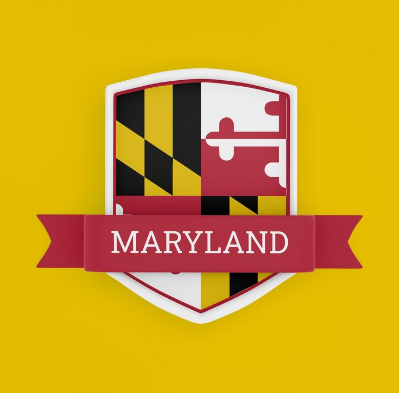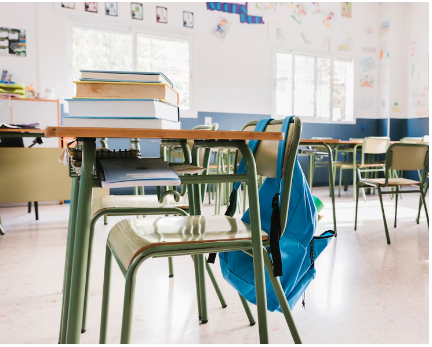14 Must Ask Questions for dyslexia friendly schools

Before you head into that meeting, here's a tip: a little prep can go a long way. Take some time to do a bit of background research. Get acquainted with dyslexia, teacher education programs, and intervention strategies. The more you know beforehand, the sharper your questions will be, and the clearer your understanding of the answers. It's like giving yourself a leg up to make that meeting more productive and insightful. Let’s go!
Also read:
- How to Teach a Dyslexic Child to Spell
- Must Ask Questions for dyslexia friendly schools
- Frequently Asked Questions About Dyslexia
Certainly, let's provide informative answers with explanations for someone who may not be familiar with dyslexia-friendly schools:
Table of Contents
- What Dyslexia Support Services Do You Offer?
- Is the School Accredited?
- What Qualifications Do Your Teachers Have?
- What's the Student-to-Teacher Ratio?
- How Do You Identify Dyslexic Students?
- What Intervention Programs Do You Use?
- Do You Provide Assistive Technology?
- Are There Specialized Reading Specialists or Tutors?
- What Accommodations Are Available?
- How Do You Foster a Dyslexia-Friendly Environment?
- Is There a Dyslexia Support Team or Coordinator?
- What Extracurricular Activities Are Offered?
- Do You Encourage Parent Involvement?
- What Success Stories Can You Share?
What Dyslexia Support Services Do You Offer?
They should offer a range of support services tailored to students with dyslexia. Dyslexia is a learning difference that affects reading and language skills. Our support includes personalized reading programs, extra help with reading, and the use of tools like audiobooks to make learning more accessible for dyslexic students.
Is the School Accredited?
Accreditation ensures that our school meets high educational standards. It's like a stamp of approval. Accredited schools are recognized for providing quality education, so you can trust that your child is in a reputable learning environment.
What Qualifications Do Your Teachers Have?
Our teachers have special training to help students with dyslexia. They learn techniques to make reading and learning easier for dyslexic students. This way, your child gets the support they need from knowledgeable educators.
What's the Student-to-Teacher Ratio?
A lower student-to-teacher ratio means more individual attention. Our small class sizes, typically 8 students to 1 teacher, ensure that your child gets personalized help. This is crucial for dyslexic students who may need extra support.
How Do You Identify Dyslexic Students?
Dyslexia can be tricky to spot. We use various methods, including reading tests and discussions with parents and specialists, to identify dyslexic students accurately. This way, we can provide the right support.
What Intervention Programs Do You Use?
Dyslexia often requires specific teaching methods. We use proven programs like Orton-Gillingham and Wilson Reading, which are like special tools that help dyslexic students improve their reading skills.
Do You Provide Assistive Technology?
Assistive technology is like a helper for students with dyslexia. We offer tools like text-to-speech software that reads text aloud, making it easier for dyslexic students to understand and learn from their reading material.
Are There Specialized Reading Specialists or Tutors?
Yes, we have specialists and tutors trained to work with dyslexic students. They provide one-on-one help, making sure your child gets the personalized attention they need.
What Accommodations Are Available?
Accommodations are like custom adjustments. We offer things like extra time for tests or modified assignments to ensure that dyslexic students can show their knowledge without unnecessary stress.
How Do You Foster a Dyslexia-Friendly Environment?
Creating a dyslexia-friendly environment means making sure dyslexic students feel comfortable and supported. We train our teachers to use methods that cater to different learning styles, making it easier for dyslexic students to thrive.
Is There a Dyslexia Support Team or Coordinator?
- Yes, we have a dedicated team and coordinator who specialize in helping dyslexic students. They work closely with teachers, parents, and specialists to make sure every child receives the right support.
What Extracurricular Activities Are Offered?
- We believe in a well-rounded education. We offer a variety of fun activities outside of regular classes, like clubs and sports, so that your child can explore their interests and talents.
Do You Encourage Parent Involvement?
We strongly encourage parents to be part of their child's education. We hold meetings and workshops to help parents understand dyslexia and provide tips for supporting their child at home.
What Success Stories Can You Share?
Our school has helped many dyslexic students succeed. Graduates have gone on to college and rewarding careers. Their achievements show that with the right support, dyslexic students can reach their full potential.



